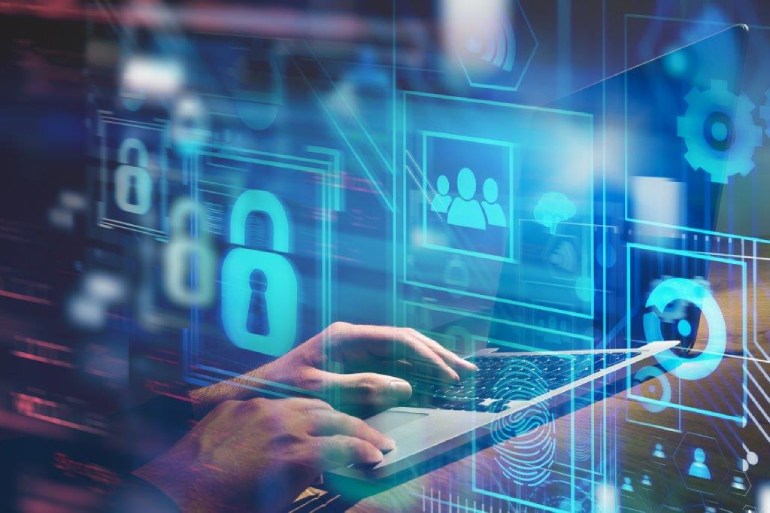 “The events of 2020 have exposed just how critical trust is for consumers and businesses alike. Organizations had to trust their employees to work from home, and consumers had to trust businesses with their information. As a society, we had to trust each other to make the right decisions around health and safety, trust the scientific community to create life-saving vaccines, and trust the government to support us during a time of global economic uncertainty and political upheaval”, Okta explains in its State of Digital Trust report.
“The events of 2020 have exposed just how critical trust is for consumers and businesses alike. Organizations had to trust their employees to work from home, and consumers had to trust businesses with their information. As a society, we had to trust each other to make the right decisions around health and safety, trust the scientific community to create life-saving vaccines, and trust the government to support us during a time of global economic uncertainty and political upheaval”, Okta explains in its State of Digital Trust report.
And since all this comes amidst a backdrop of rising security concerns, Okta tried to find out what trust looks like in this increasingly digital world. The identity and access management company worked with YouGov to survey more than 1,000 Australian workers and 15,000 office workers in total around the world (US, UK, Netherlands, Italy, France, Sweden, Australia, Germany, Japan, and Spain), quickly realizing what we already know that trust directly impacts purchase decisions in the digital world, meaning ties will be cut when brands lose their consumers’ trust.
The repercussion of losing trust
In fact, the events in 2020 led to trust becoming fundamental online and security becoming the second most important criteria, followed by brand reputation and data ethics. And since we all know well that consumer loyalty is hard to gain and easy to lose, brands must work harder than ever to retain trust. Especially since with the rise of cyber threats over the past year, most people have become more cautious about providing personal information about themselves online: phishing emails, data breaches and even AI-generated “deepfakes” used to spread false information, certainly cast a cloud over trust, making media coverage like this article key in disseminating information about scams and cybersecurity threats during the pandemic.
For instance, according to Okta, phishing has been the preferred tactic of many cyber-criminals in 2020. “They’ve had success using the lure of information on COVID-19 vaccines, or urgent (but fake) updates from trustworthy institutions like the WHO, to trick recipients into clicking through. In April 2020, Google alone said it was blocking 18 million daily malware and phishing emails related to COVID-19”, the company states. So, unsurprisingly, the risk of identity theft is omnipresent, just like malware and data breaches.
Time to increase security education and transparency
Many employers have taken steps to tackle the growth in cyber-threats facing their home workers. New security applications and technologies like multifactor authentication (MFA) are the most popular measure, followed by enhanced training for staff. Without doubt, both are vital in helping to drive the employee trust on which successful businesses are built, but what’s concerning is the fact that may employers still didn’t take proactive security steps at all, which points to a potential lack of transparency between business and IT leaders and their employees. In other words, you could be running the best cybersecurity systems in the world, but if your staff doesn’t know about it, your business will not be able to foster greater compliance and trust with its staff.
“As digital transformation opens new channels to engage with customers and support employees, and the cyber-attack surface expands in parallel, maintaining trust is imperative to the success of any business. Digital trust not only helps to mitigate harm, but also drives loyalty, revenue and value for organizations. Today’s digital-first businesses must constantly nurture trust as responsible stewards of customer data. Doing so will drive loyalty and success, even as cyber criminals continually step up their efforts”, Okta concludes its report.
For businesses, Okta believes that trust starts with establishing secure channels of communication and mitigating cybersecurity risks, but we think we must go a step further. Since a company's credibility does not depend on what a company claims or says in guidelines, rather is based on the correspondence between what it claims and what it does, ethics is of essence, meaning guidelines and leadership principles must be in place and actively lived. Anyone who takes on responsibility should not only talk about it but prove it through actions, otherwise responsibility degenerates into verbal acrobatics. Ethics will help shape social togetherness universally and industry leaders have a role model function here.
We need more companies like Okta that work hard to find out what trust looks like in this increasingly digital world and give advice how we can gain, retain and nurture it to make this world a better place.
By MediaBUZZ


